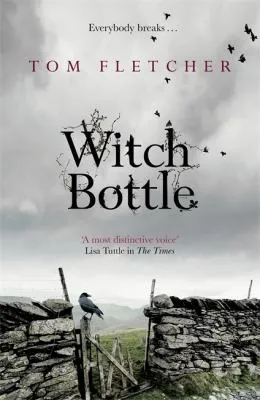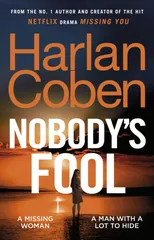A deeply atmospheric literary horror novel about the nature of repressed guilt, grief and fear. Daniel once had a baby brother, but he died, a long time ago now. And he had a wife and a daughter, but that didn't work out, so now he's alone. The easy monotony of his job as a milkman in the remote northwest of England demands nothing from him other than dealing with unreasonable customer demands and the vagaries of his enigmatic boss. But things are changing. Daniel's started having nightmares, seeing things that can't possibly be there - like the naked, emaciated giant with a black bag over its head which is so real he swears he could touch it . . . if he dared. It's not just at night bad things are happening, either, or just to him. Shaken and unnerved, he opens up to a local witch. She can't t discern the origins of his haunting, but she can provide him with a protective ward - a witch-bottle - if, in return, he will deliver her products on his rounds. But not everyone's happy to find people meddling with witch-bottles. Things are about to get very unpleasant . . . Witch Bottle is literary horror at its finest, perfect for fans of Andrew Michael Hurley's The Loney and Starve Acre.
Tom Fletcher
Tom Fletcher is a British author known for his work in the horror and science fiction genres. He is best known for his novel "The Thing on the Shore," which combines elements of cosmic horror and psychological suspense. Fletcher's writing style is characterized by vivid imagery, atmospheric settings, and complex characters. His contributions to literature include pushing the boundaries of traditional horror storytelling and exploring themes of fear, isolation, and the unknown. Fletcher's impact on the genre can be seen in his ability to create a sense of unease and tension that lingers long after the final page.












